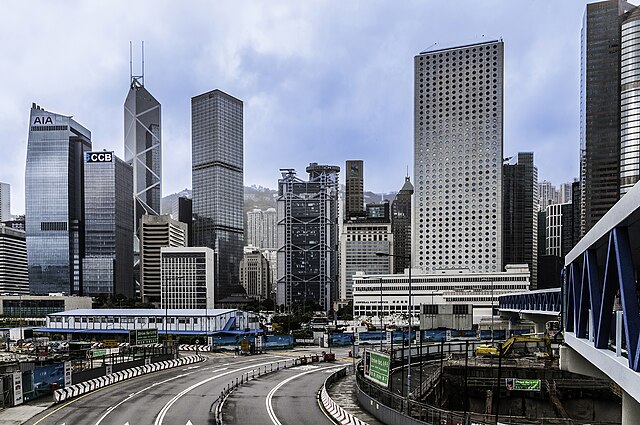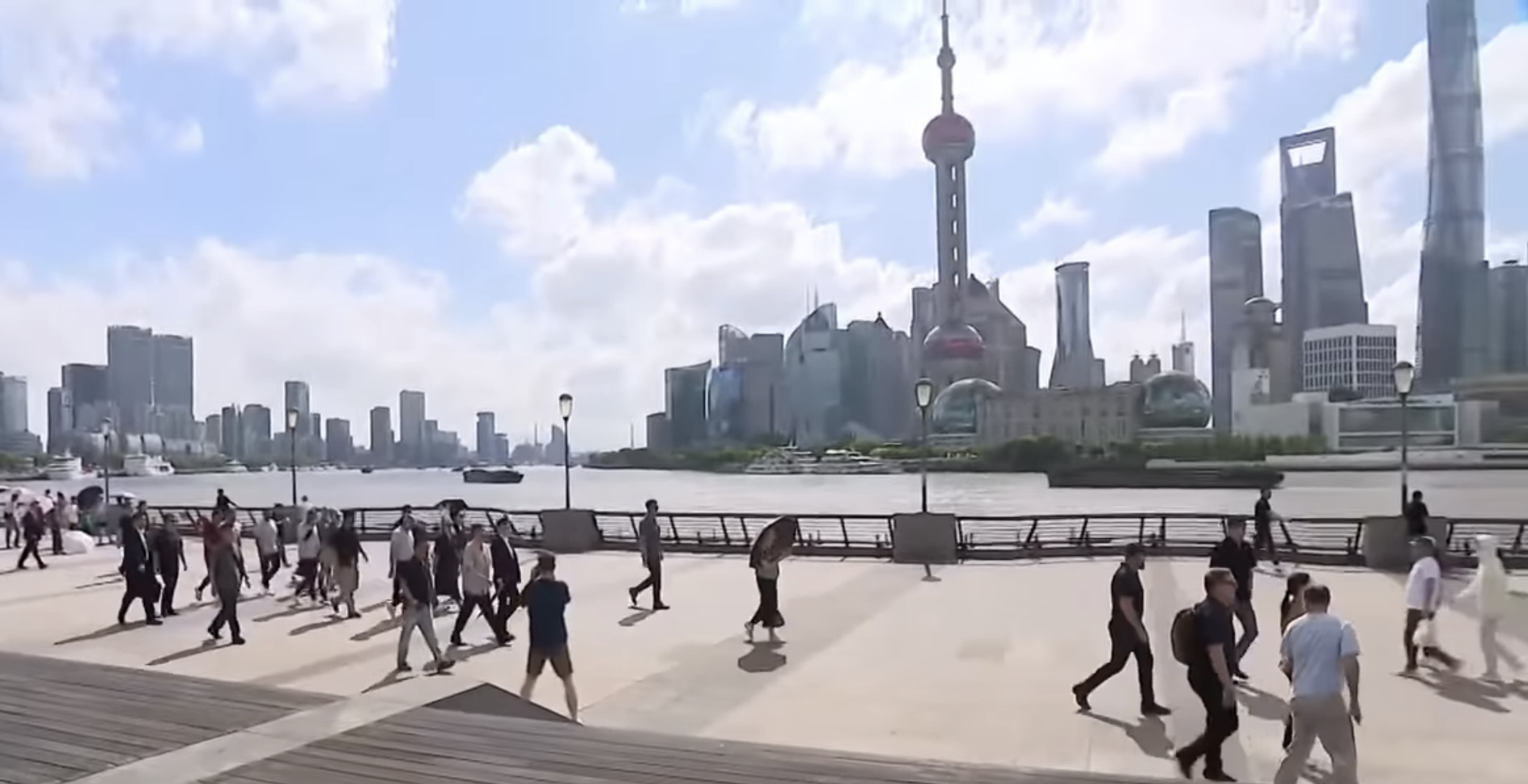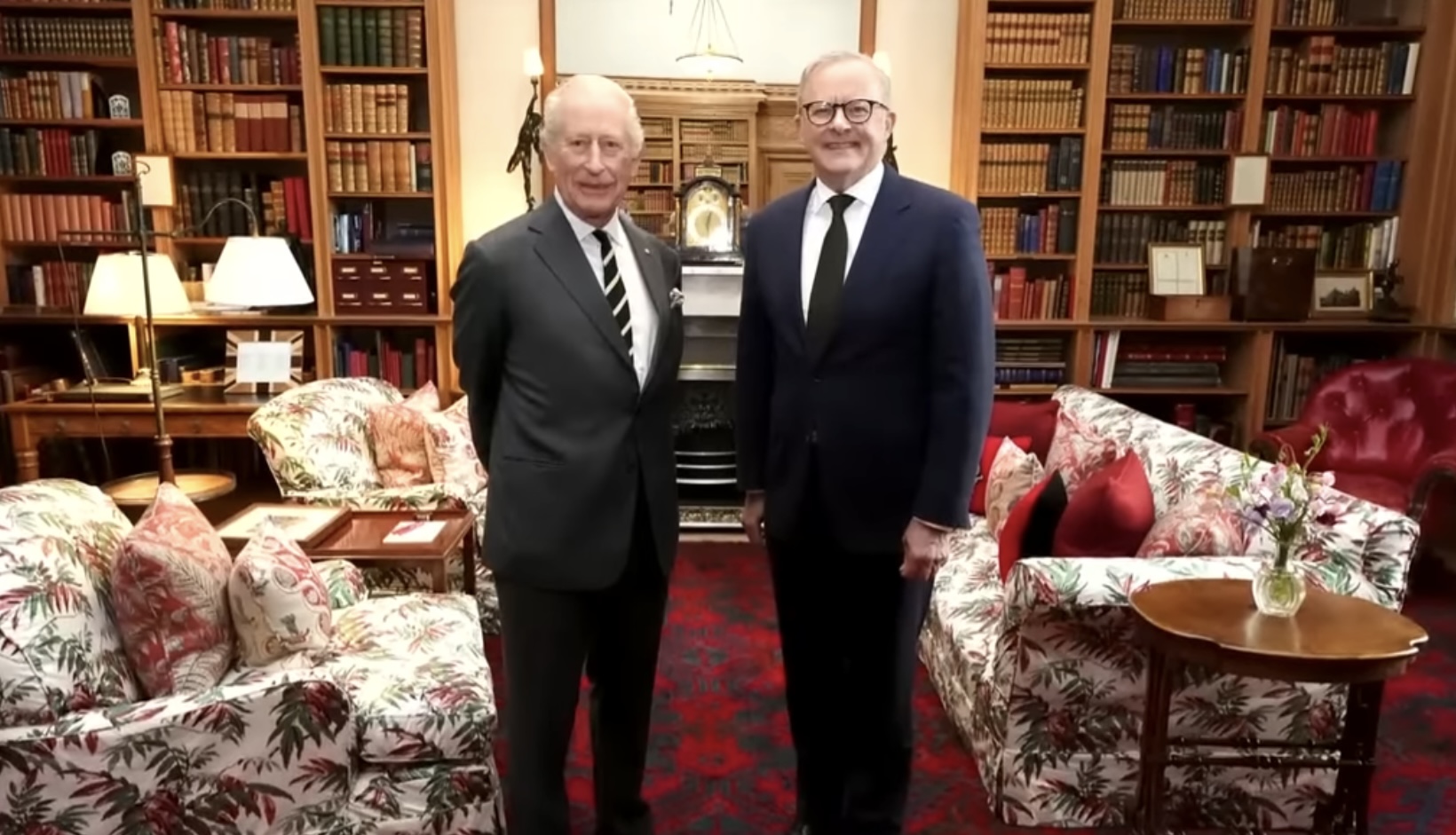Daily News
Australia Moves to Break China’s Rare Earths Monopoly with New Supply Chain Plans
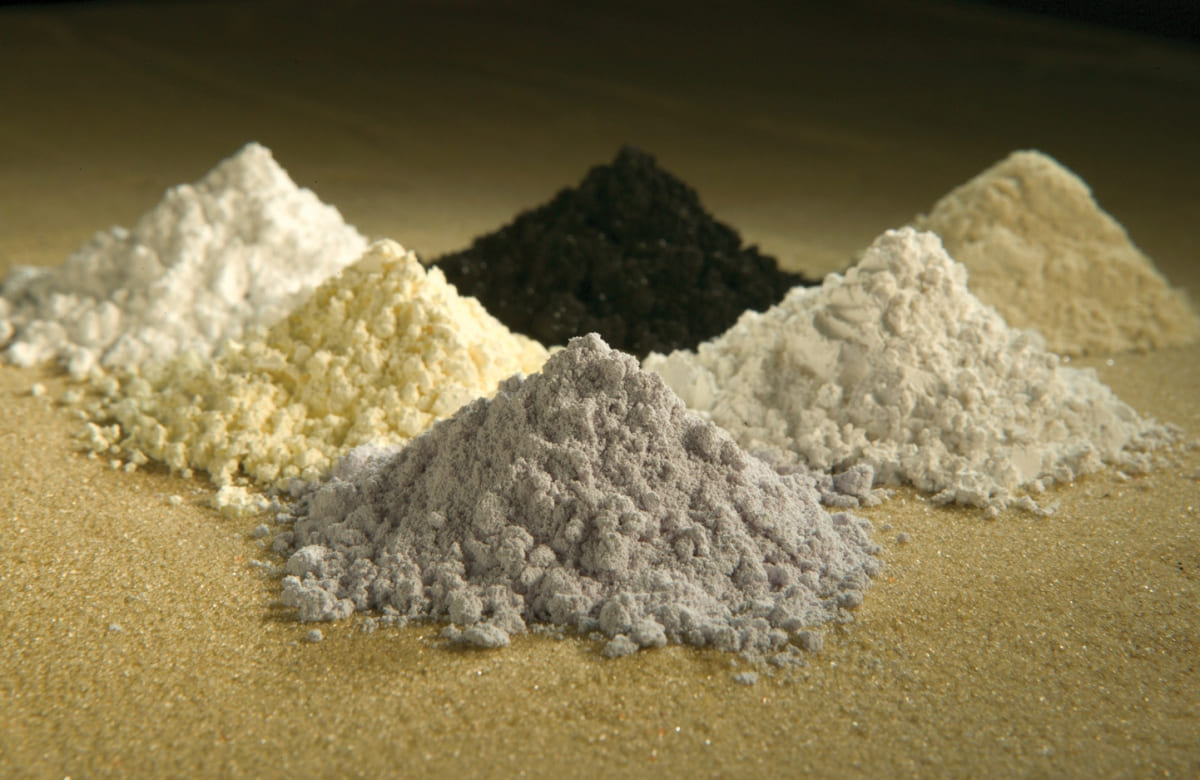
Daily News
U.S. Investment Report Criticizes National Security Law, Hong Kong Government Responds Strongly
Daily News
China Becomes Top Destination for Australian Tourists, But Chinese Visitor Return Slows
Daily News
Albanese Visit to UK Focuses on Domestic Reform, Not Republican Debate
-

 COVID-19 Around the World4 years ago
COVID-19 Around the World4 years agoFraudulent ivermectin studies open up new battleground
-

 Cuisine Explorer5 years ago
Cuisine Explorer5 years agoCantonese Mango Sago
-

 Tagalog5 years ago
Tagalog5 years agoFILIPINO: Kung nakakaranas ka ng mga sumusunod na sintomas, mangyaring subukan.
-

 Uncategorized5 years ago
Uncategorized5 years ago如果您出現以下症狀,請接受檢測。
-

 Cantonese - Traditional Chinese5 years ago
Cantonese - Traditional Chinese5 years ago保护您自己和家人 – 咳嗽和打喷嚏时请捂住
-

 Uncategorized5 years ago
Uncategorized5 years agoCOVID-19 檢驗快速 安全又簡單
-
Uncategorized5 years ago
在最近的 COVID-19 應對行動中, 維多利亞州並非孤單
-
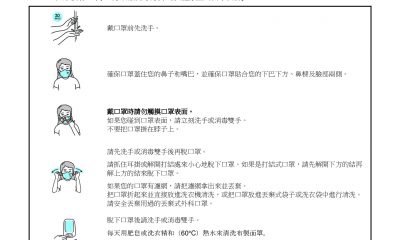
 Uncategorized5 years ago
Uncategorized5 years agoHow to wear a face mask 怎麼戴口罩


